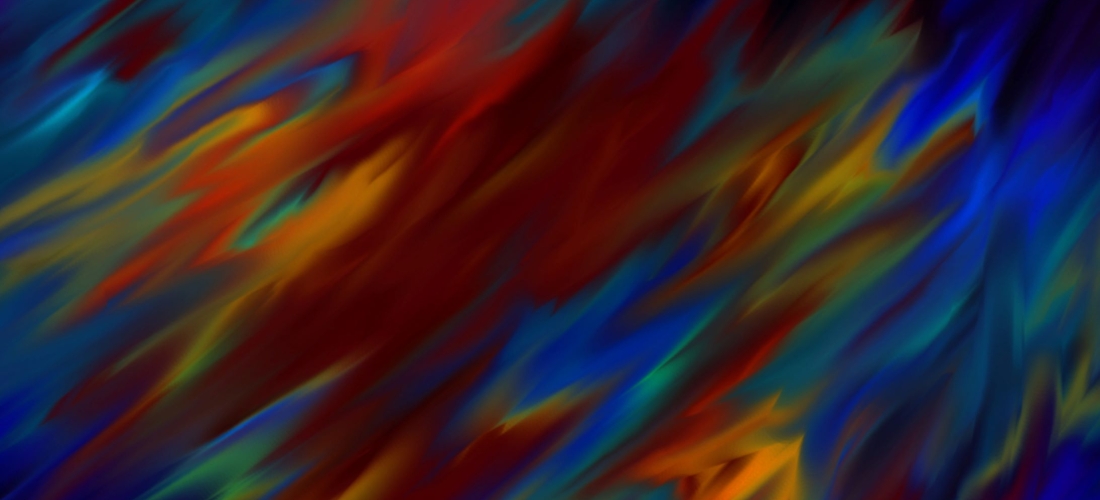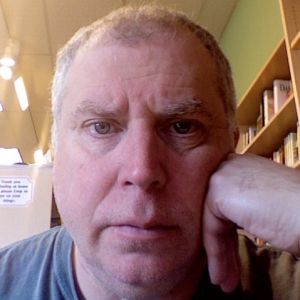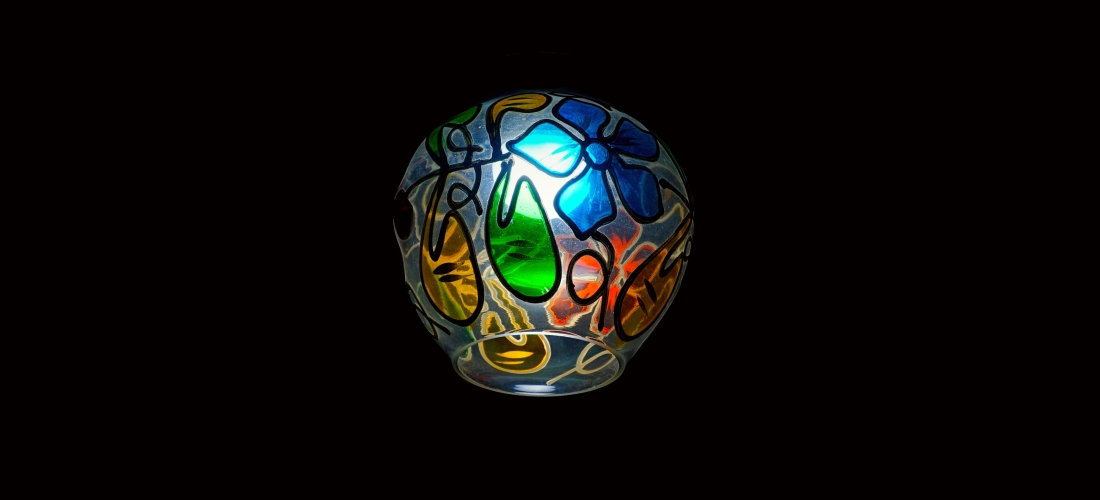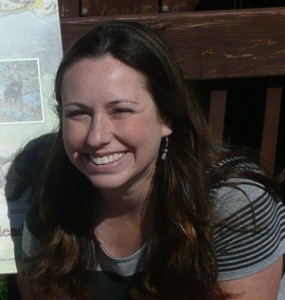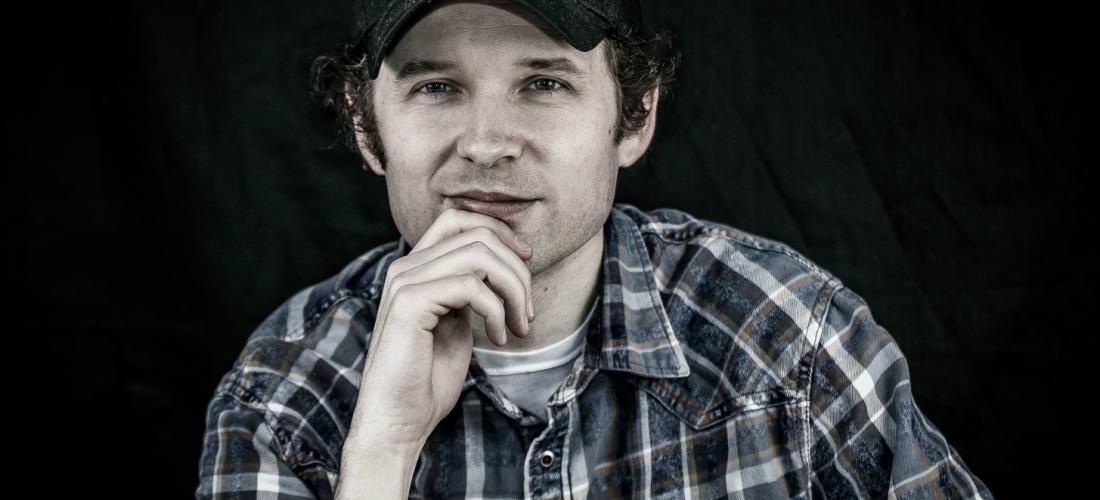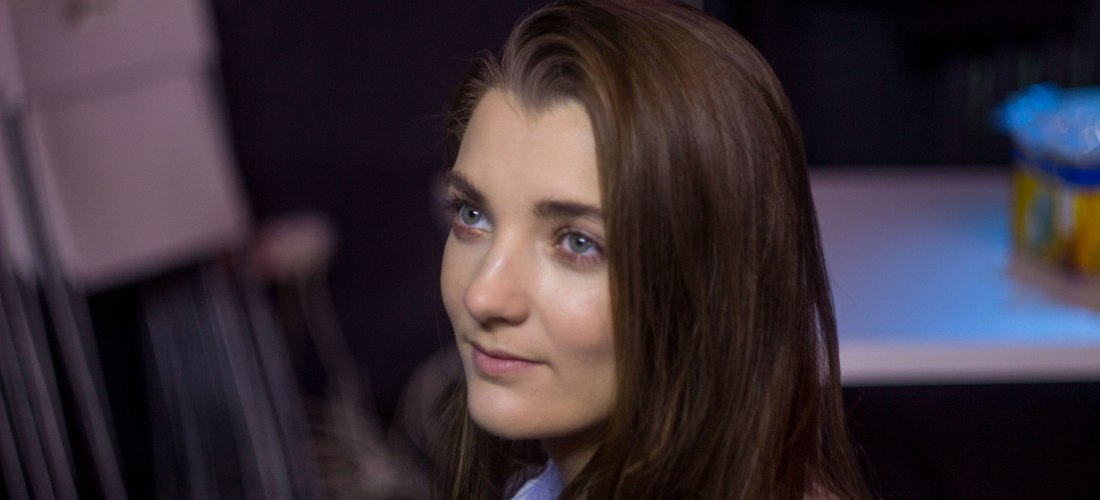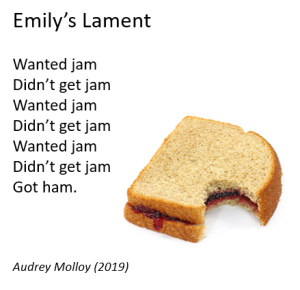Yesterday’s Child
The sun slit a knife through the womb-wet night
and bled like an egg, like a budburst head:
in the swell of the sweat on the belly of the bed,
broken-throated then and red, you said
the clench of winter let the roses grow instead.
But time has fled with jenny wren and left
the meadow dead. And overhead a mouth of moon
has called a mourning on this room, and soon
an ever-bloom of moss will clot the loss of you.
For the years between us are wide as a child;
and the tears as wet as a wound.
The Wise Child
I remember he fled from the fogdrop moors with the dawn
and the bells of December beyond, calling morning to the streets
while winter wept beneath the trees. A sleeping me before the door
glowed on behind my mother’s knees. With holly-forest at his feet
from leaping long the brawling leas, he brought the loss of blossom-blush
to fall upon the breeze: he the keeper of the keys to all our stars and
northern storms, who never knew that news he bore would bruise the husk
of heart and more, poured a prayer into the pram and handed up a telegram.
Pass the years upon the land, a scrap of shying light I am. My splash
of laughter never sang the spring to swing me in its arms, ever since
that winter when my eyes lost all their stars. Oh father in the terrace dark,
that vast cathedral of your heart never called a patch of moon to squint
a light into our room, when looming in the corners slept the soldiers
in the gloom. I saw the sun forever as a wet and sunken wound, and knew
the black that cooked the blue when I was only two. And you? The colder
soul that spat the gas to phantoms that would never pass, who blew
the saplings ribbon-black and burst the buds beneath his tracks, would
always be my father but never once my dad. Last and ever after that, here
where War had torn us sore and mauled our bruises black, I heard
the chant of thousands calling to the stars and back: for all the years
and eras came that postboy down the path. He always was, perhaps,
and is; and leapt until we lost him to the dying mouth of mist.
The Body Broken
Mass and Sunday mourning pass the chancel black
and chalice-back of I, spire-spined and last to part
my plumping bud to take the nocturne wine. Mine
the softly hills, mine the spill and steeple-swing
of fruiting breasts and bells, yes. We break the bread
and bless. Lady in the lancet holds the apple mocking red.
Dappled chant and dark, ahead the blood-bright night
and first-light glass of gasping Eve, winter’s heave
hangs always here with heads that bow before the vow
to never grieve the leaving eyes of youth. Truth
is lost and winterworn. Borne away on snarling winds,
the greening drop of spring falls from my hair. The cleric’s
cloak is a darkly thing. My deeper, deeper throat
receives the gloaming sermon there, heir of the berry
dreamt to bursting in his hand. Damn the vestal
up-and-swung of lust that Woman loved, budblood
and the Garden singing skin and pink bouquets, but
turn the tongue beyond the Book and in the darkest
places hold the harvest fruit and look above and long
to lasting-touch the apple that is loathed so much.
Such is Sunday mass and curse of we, the curled
Madonnas kneeling with a screaming in our skirts.
The weakly bread we break and nurse. And vow and
kneel and slaughter one more godless book of verse.
Kitchen, Sinister
Ten springs gone in my morning of life, I wore light
in the summer of my voice, in the candles once made
of my eyes. That night dusk swung out and away into noise
wild and white above town, and down in my childhood
garden lost the pond breathed out light grey and soft.
I remember not. But black clot and burnt in my throat
when she coughed up hot liver that night in the gloam,
the globes of her eyes gone bloodfull and long
did the birds scream murder outside. I cried. My
winter-ghost mother gone grey in her day, a tragedy
staring and wearing that cracked pale-fade skin in an old
kitchen light. When food was thin she served me lies. No,
the stars did not giggle the puddles that night
when my dark-fire youth wheeled a wind round the house,
her once-fluted mouth nursing liquor and meth. Her deathlight
was dark as a gobbet of gas, a heart in a jar on a chimney last
lit back when I was a lamb. After that? I took a bath. Black
was the path at infant’s end, a lack-lanterned track derailing
and cracked was the girlhood glow of my light. O mother
of mine, the window-steam bled itself pretty that night.
Under the trees, I sit in the asylum garden.
I swing the bottle to my lips and swig.
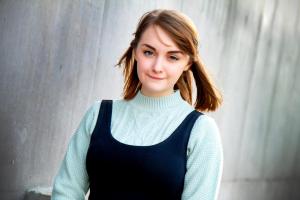
Laura Potts is twenty-three years old and lives in West Yorkshire, England. Twice-recipient of the Foyle Young Poets Award, her work has been published by Aesthetica, The Moth and The Poetry Business. Having worked at The Dylan Thomas Birthplace in Swansea, Laura was nominated for The Pushcart Prize and became one of the BBC’s New Voices last year. Her first BBC radio drama aired at Christmas. She received a commendation from The Poetry Society in 2018 and a nomination for The Forward Prize in 2019. Find her here!
- Featured image, by Amar Saeed.
25.777139
87.475255


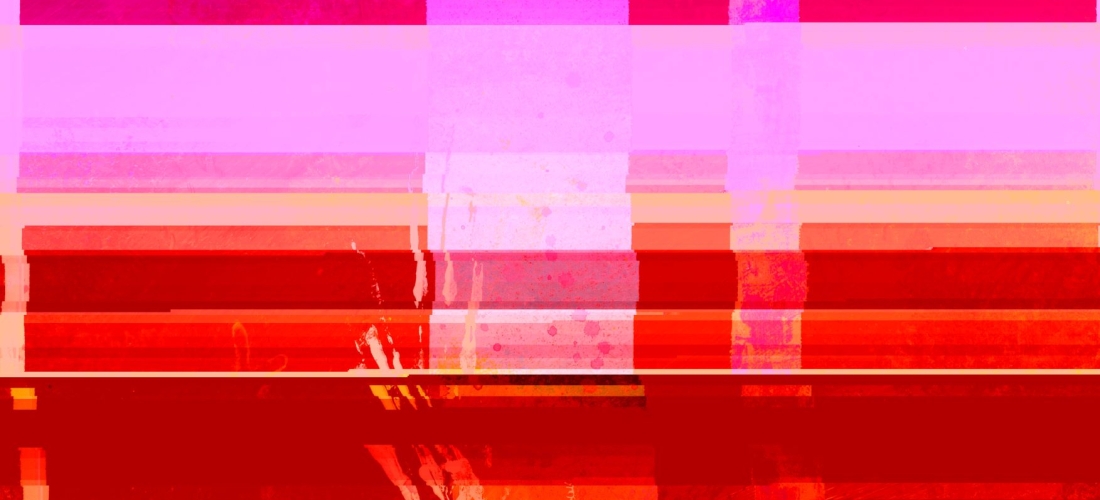
 John Dorroh may have taught high school science for a couple of decades. Whether he did is still being discussed. His poetry has appeared in about 65-70 journals, including Dime Show Review, North Dakota Quarterly, Red Dirt Forum, Selcouth Station, and Piker Press. He also writes short fiction and the occasional rant.
John Dorroh may have taught high school science for a couple of decades. Whether he did is still being discussed. His poetry has appeared in about 65-70 journals, including Dime Show Review, North Dakota Quarterly, Red Dirt Forum, Selcouth Station, and Piker Press. He also writes short fiction and the occasional rant.